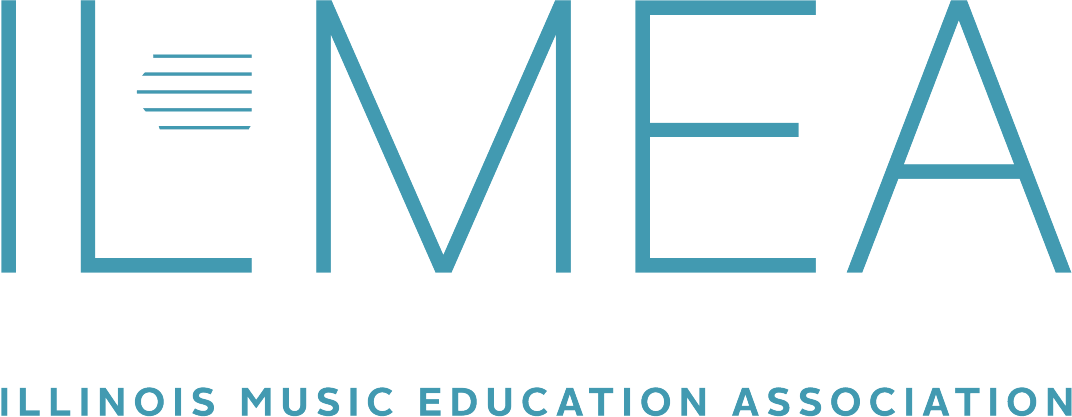One of the strongest aspects of being part of a professional association is learning from your colleagues in the field. In this blog post, we crowd-sourced advice that music educators have for first-year teachers and student teachers. Read on to see what encouragement and advice your music education colleagues have to share!
Learning & Growing
Allow yourself to be honest with who you are and what you bring to the table (both strengths and weaknesses). Soak in all you can. Write copious notes and ask for feedback from your cooperating teacher and your university supervisor. Feedback can sting at times, but your advisors usually have your best interest at heart. Asking for help is not a weakness - it's a strength.
Be gentle with yourself. You’re going to make mistakes, you’re going to be overwhelmed, and you’re going to learn a lot about yourself as both a teacher and person. Give yourself permission to fall and get back up, to ask for help, and to be open to what your cooperating teacher and students have to teach YOU.
Yes, you are a rookie and have much to learn; but you also have unique gifts and knowledge that you bring into the room. You already have experiences that have shaped you and brought you to this point. Share your skills!
Be passionate and honest.
Fall faster to go further. Seek out the opportunities that may push you out of your comfort zone, but will result in tremendous growth. Enjoy it as much as you can!
Don't be afraid to make mistakes and ask questions. You will learn and grow A LOT faster that way!
Always be prepared for the unexpected and go with the flow. Things are going to change. Plans are going to need to be edited. The game may be pushed back two hours or the heavens may open while you are about to perform and soak your players. Just remember to always think of the positives and do your best to make it work.
Relationships
Build positive relationships with everyone you meet!
Really build bonds with and get to know your students and what music means to them. This will lead to trust and then willingness to work with you and help you grow as an educator.
Find good mentors and spend as much time with them as possible.
Become best friends with your building's office worker and maintenance custodian. Bring them cookies after they make the hundreds of programs for you, or set up the chairs and risers for your concerts.
Try new things, absorb everything you can, and never be anything that isn’t your authentic self. Students won’t be genuine if you aren’t genuine with them.
Self-Care
Your lessons and rehearsals may not turn out to be "textbook" perfect, and that's okay. You may feel overwhelmed at first, and that's okay. Your students may have rough days, and that's okay. YOU may have rough days, and that's okay. Take your time to breathe and keep yourself healthy. Remind yourself of your worth. You will be okay.
Learn when and how to say no and set boundaries. Have a healthy work-life balance!
It’s ok to ask for help, to admit when you’re not sure how to do something (with both students and colleagues!). Offer your ideas and suggestions to others - your experiences and knowledge are valuable too!




